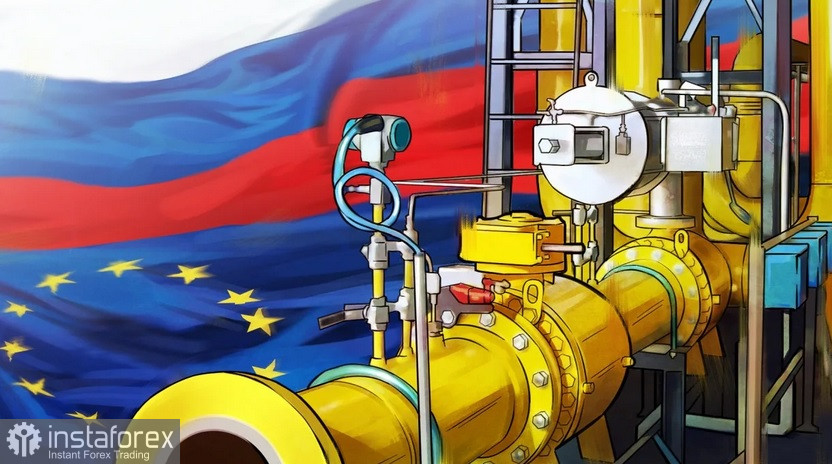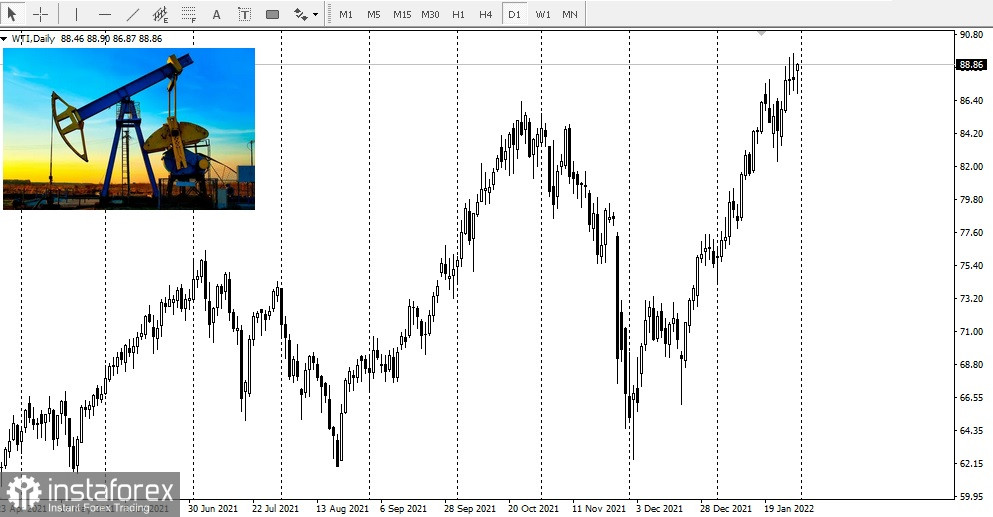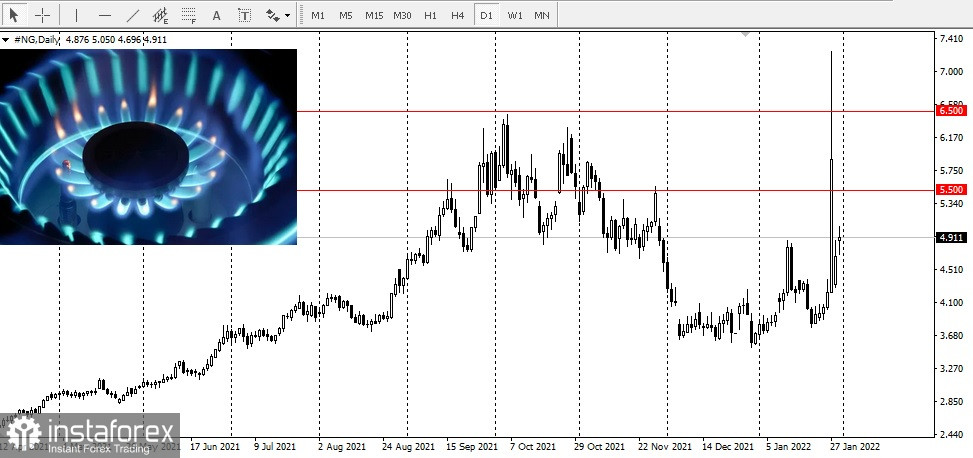
In about a month, the energy sector will remain bullish. Oil prices also continue to increase amid rising inflation, driving up fuel costs for consumers

By early 2022, the S&P 500 Energy index indicated the overall strength of the sector with a gain of nearly 20%.
Last week, oil hit new highs. The rise started amid a volatile week for stocks as the major indices fluctuated between losses and gains.
A potential setback for the energy sector could be the growing geopolitical tensions in Ukraine.
According to UBS analyst Giovanni Staunovo, there have not been any supply disruptions in Eastern Europe yet. Therefore, it is possible to assume that the risk premium associated with these tensions is not high.
Nevertheless, Secretary General of the North Atlantic Treaty Organization (NATO) Jens Stoltenberg has expressed concern about Europe's dependence on Russian gas amid escalating tensions between NATO and Russia over Ukraine.
Europe receives about a third of its gas supplies from Russia's Gazprom. Meanwhile, Western Europe and Turkey accounted for 78% of Russia's exports in 2020, while Central Europe took 22%.
 The US has scheduled talks with Qatar on alternative gas supplies, striving to reduce this gas dependence and to reach an agreement with its EU partners to impose more severe sanctions against Russia. The talks took place on Monday. However, the chances of Qatar being able to replace Russia as a gas supplier are little. According to a recent Bloomberg report, Emirates is already operating at full capacity, and most of its gas is sold under long-term contracts to Asia.
The US has scheduled talks with Qatar on alternative gas supplies, striving to reduce this gas dependence and to reach an agreement with its EU partners to impose more severe sanctions against Russia. The talks took place on Monday. However, the chances of Qatar being able to replace Russia as a gas supplier are little. According to a recent Bloomberg report, Emirates is already operating at full capacity, and most of its gas is sold under long-term contracts to Asia.
US natural gas is not suitable for EU countries. Besides the EU, there are other buyers of Qatar's gas. Moreover, the EU officials are not willing to pay a premium for US LNG.
Even Germany, the EU biggest consumer of Russian gas, does not have an LNG terminal.





















